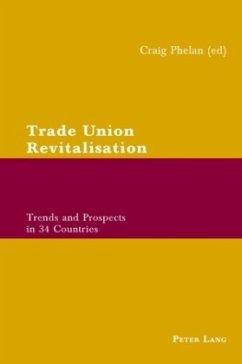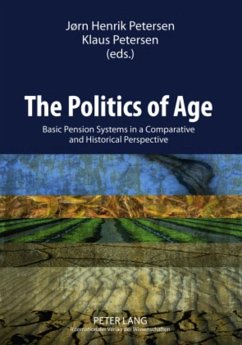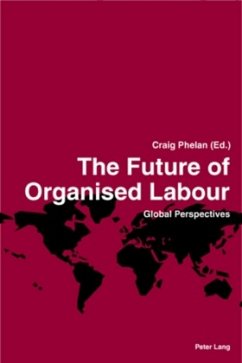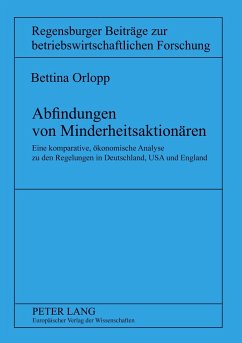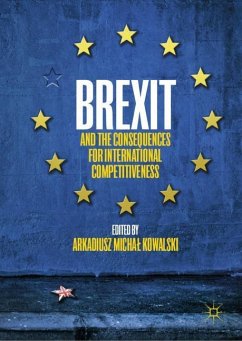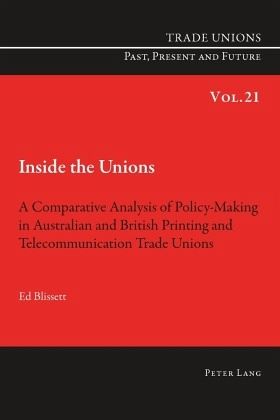
Inside the Unions
A Comparative Analysis of Policy-Making in Australian and British Printing and Telecommunication Trade Unions
Versandkostenfrei!
Versandfertig in 6-10 Tagen
87,30 €
inkl. MwSt.

PAYBACK Punkte
0 °P sammeln!
This book consists of a comparative analysis of policy-making in Australian and British telecommunications and printing trade unions. It tests the validity of different theoretical models of union policy-making and behaviour, whilst also assessing the strength of the book's hypothesis, that informal micro-political influences inside unions - such as personal friendships, enmities and loyalties - affect union policy-making to a greater extent than has been previously acknowledged in the literature. Two central questions lie at the heart of this book: How, and why, do unions adopt specific poli...
This book consists of a comparative analysis of policy-making in Australian and British telecommunications and printing trade unions. It tests the validity of different theoretical models of union policy-making and behaviour, whilst also assessing the strength of the book's hypothesis, that informal micro-political influences inside unions - such as personal friendships, enmities and loyalties - affect union policy-making to a greater extent than has been previously acknowledged in the literature.
Two central questions lie at the heart of this book: How, and why, do unions adopt specific policies? What factors explain the different behaviour of similar unions, when faced with comparable policy choices?
As a former senior union officer the author realised that trade unions are often wary of publically disclosing those factors which informed their policy choices. For this reason an interview-rich methodology was adopted, which involved a seventeen-year longitudinal study, in which over 220 officers and staff of all the relevant unions, were interviewed in depth. The result is a book which throws new light on the rich and complex process of union policy-making.
Two central questions lie at the heart of this book: How, and why, do unions adopt specific policies? What factors explain the different behaviour of similar unions, when faced with comparable policy choices?
As a former senior union officer the author realised that trade unions are often wary of publically disclosing those factors which informed their policy choices. For this reason an interview-rich methodology was adopted, which involved a seventeen-year longitudinal study, in which over 220 officers and staff of all the relevant unions, were interviewed in depth. The result is a book which throws new light on the rich and complex process of union policy-making.







